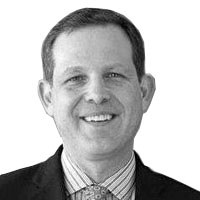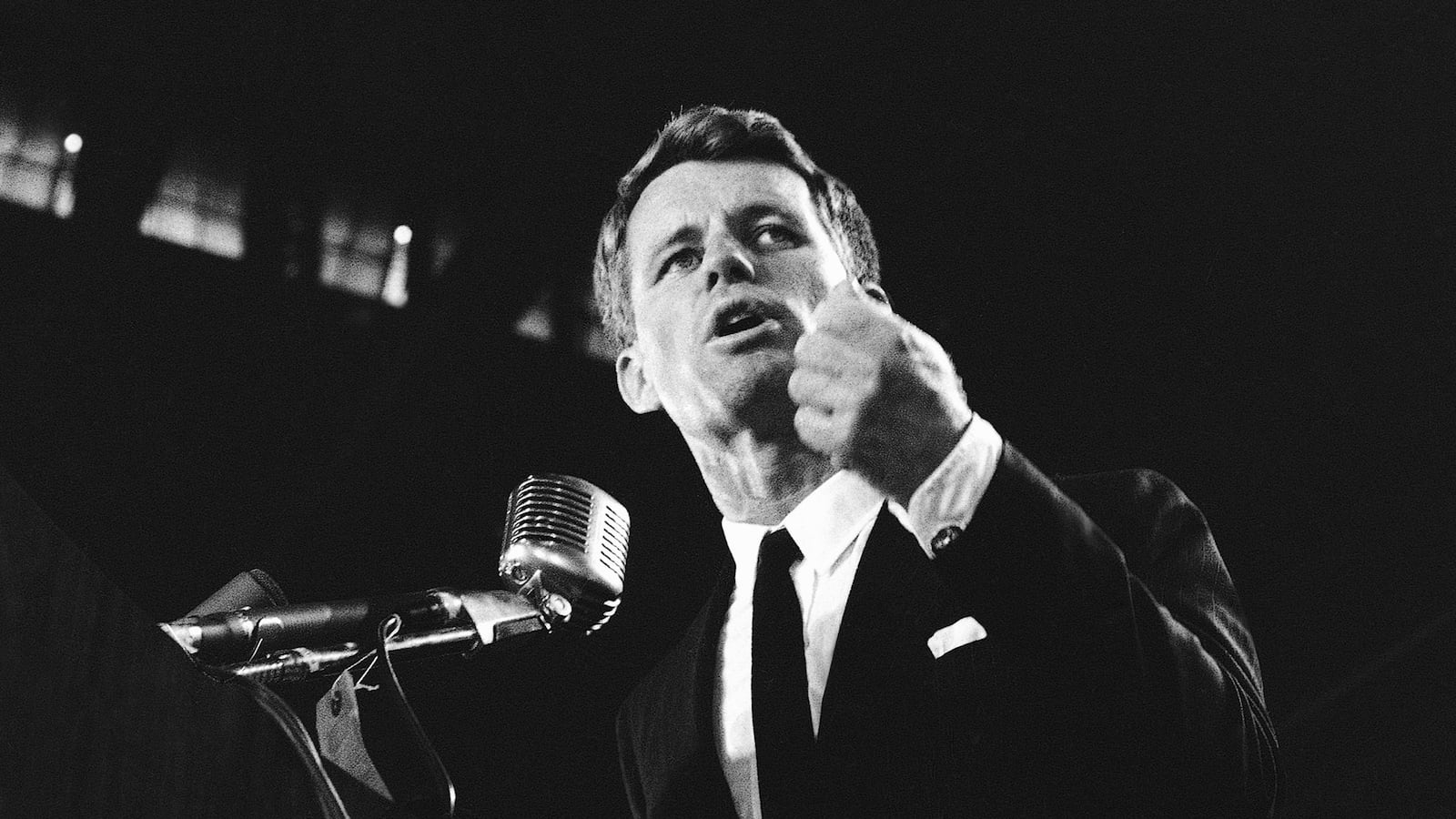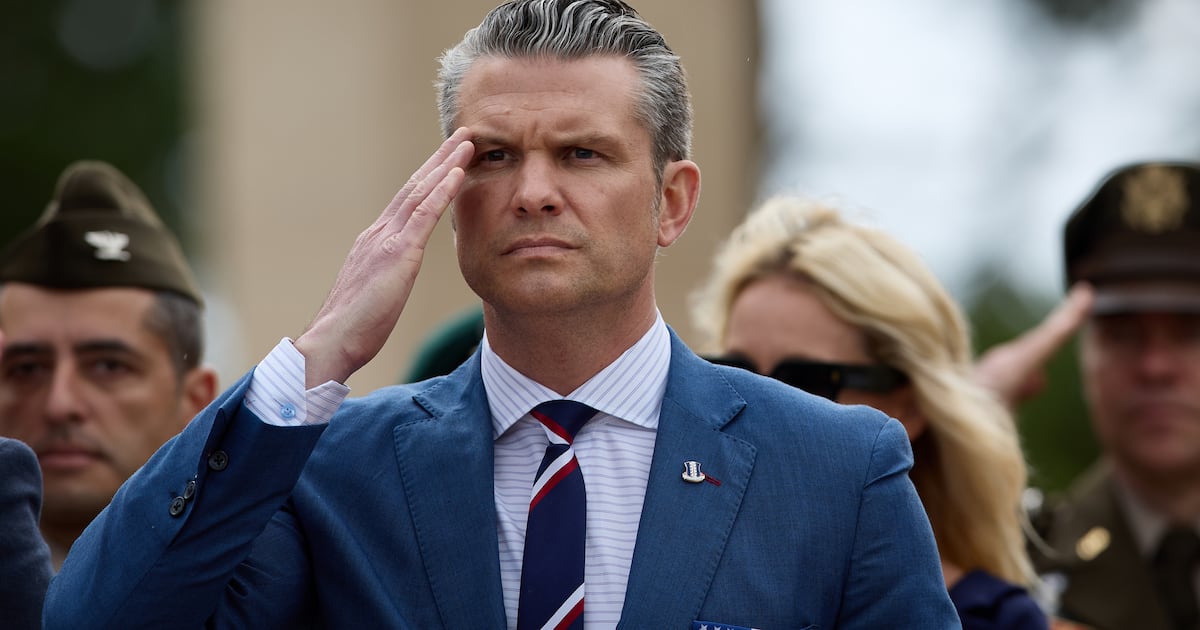America is the story of improvisation.

From the ad hoc debates that framed our founding documents, to the native jazz syncopations that power our cultural soundtrack, to the deeply American notion that we all deserve second chances – our national fabric is woven together by motley patches of spontaneous innovation, creativity...






